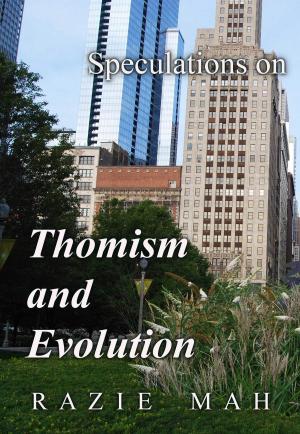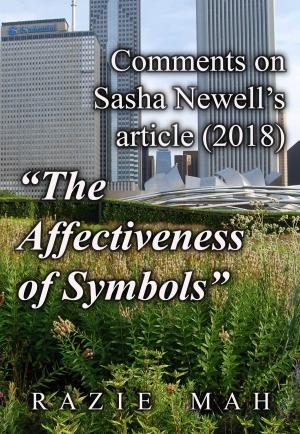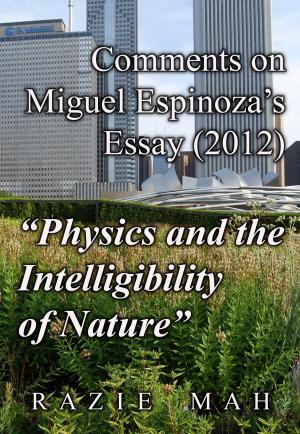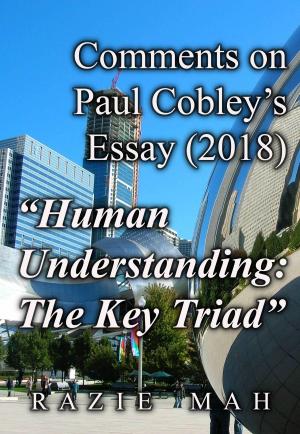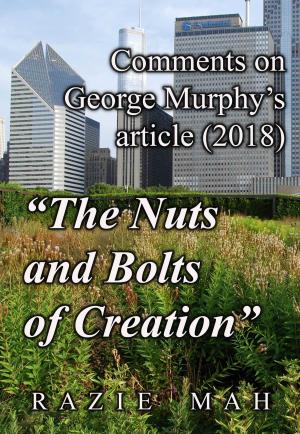Comments on Robert Berwick and Noam Chomsky's Book (2016) Why Only Us?
Nonfiction, Reference & Language, Education & Teaching, Study Skills, Science & Nature, Science, Biological Sciences, Evolution| Author: | Razie Mah | ISBN: | 9781942824367 |
| Publisher: | Razie Mah | Publication: | February 4, 2018 |
| Imprint: | Smashwords Edition | Language: | English |
| Author: | Razie Mah |
| ISBN: | 9781942824367 |
| Publisher: | Razie Mah |
| Publication: | February 4, 2018 |
| Imprint: | Smashwords Edition |
| Language: | English |
In 2016, Robert Berwick and Noam Chomsky published a book on the evolution of language. They focus on computational systems and universal grammar, the respective fields of expertise for each author. They endorse a familiar proposal. Human language appeared right before the appearance of symbolic cultural artifacts in the fossil record. Such artifacts date as far back as 150kyr (more or less).
The do not develop their argument in the Greek style, where all other possibilities are eliminated. Instead, they follow the Semitic style, where discourse aims to open the mind to a particular possibility. This possibility concerns a recent (later than 300kyr ago) small change in genetic makeup potentiating the cognitive union of speech (parole) and thought (langue). A small genetic alteration yielded a brain structure expressing universal grammar.
The Semitic style is redundant, evocative and loopy. Indeed, the entire book forms a loop, beginning and ending with the question: Why?
Why do some birds learn their songs and other instinctively cluck out their tunes? Why do humans speak? Why do humans express a huge diversity of mother tongues, yet everyone starts with genetically similar brains? Why do humans talk to themselves?
At any point, the authors yearn to break out of their scientific constraints. Yet they do not. That will be the task of these comments. This breakout uses the category-based nested form in order to re-imagine this familiar proposal, now dressed in the garbs of computer science and linguistic theory.
In 2016, Robert Berwick and Noam Chomsky published a book on the evolution of language. They focus on computational systems and universal grammar, the respective fields of expertise for each author. They endorse a familiar proposal. Human language appeared right before the appearance of symbolic cultural artifacts in the fossil record. Such artifacts date as far back as 150kyr (more or less).
The do not develop their argument in the Greek style, where all other possibilities are eliminated. Instead, they follow the Semitic style, where discourse aims to open the mind to a particular possibility. This possibility concerns a recent (later than 300kyr ago) small change in genetic makeup potentiating the cognitive union of speech (parole) and thought (langue). A small genetic alteration yielded a brain structure expressing universal grammar.
The Semitic style is redundant, evocative and loopy. Indeed, the entire book forms a loop, beginning and ending with the question: Why?
Why do some birds learn their songs and other instinctively cluck out their tunes? Why do humans speak? Why do humans express a huge diversity of mother tongues, yet everyone starts with genetically similar brains? Why do humans talk to themselves?
At any point, the authors yearn to break out of their scientific constraints. Yet they do not. That will be the task of these comments. This breakout uses the category-based nested form in order to re-imagine this familiar proposal, now dressed in the garbs of computer science and linguistic theory.

